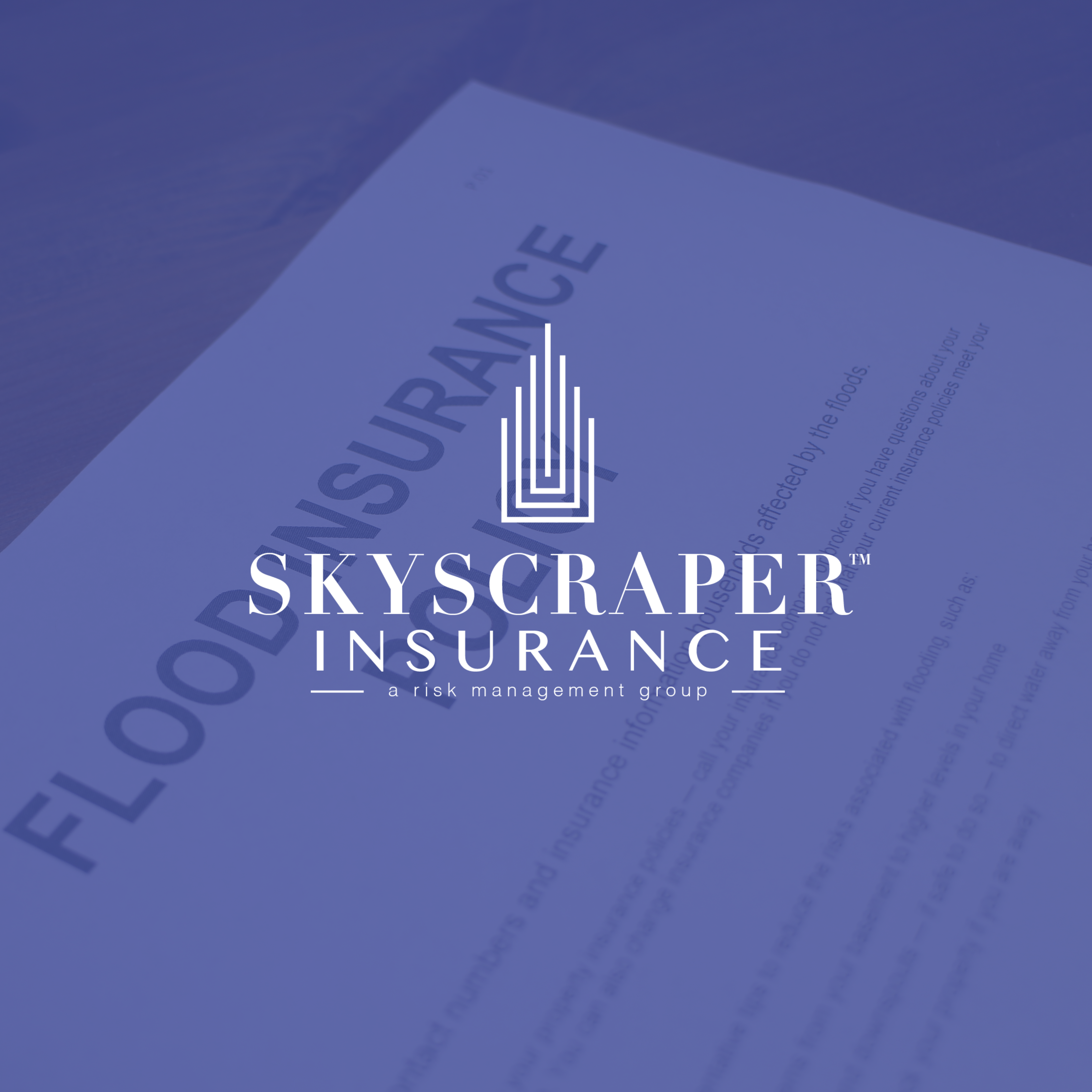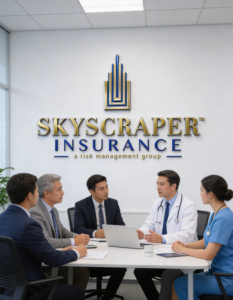Is it still ‘surface water’ if it never reaches the ground level, or the ‘earth’s natural surface’?
The definition of “surface water” and its applicability to flood insurance coverage will be a decision for the Massachusetts Supreme Judicial Court now, as the U.S. Court of Appeals for the First Circuit certified a question for its consideration earlier this week.
The three-judge panel said the certification will allow the state’s high court to apply its law and policy judgments on this undecided issue, citing the lack of controlling precedent.
“Given that interpreting ‘surface waters’ in the context of water pooled on a roof is determinative of the case and it is not clear from existing case law how the SJC would resolve this issue, we are well within our discretion to order certification,” Circuit Judge Lara E. Montecalvo wrote for the three-judge panel. “But we also think certification is warranted for an additional reason. In particular, ‘resolution may require policy judgments about the applicability of Massachusetts law that the SJC is in the best position to make.’”
The panel’s certified question asked, “whether rainwater that lands and accumulates on either (i) a building’s second-floor outdoor rooftop courtyard or (ii) a building’s parapet roof and that subsequently inundates the interior of the building unambiguously constitutes ‘surface waters’ under Massachusetts law for the purposes of the insurance policies at issue in this case?”
In June 2020, the Norwood Hospital sustained damage to its building with torrential rain and strong wind gusts causing heavy flooding in the basement of the hospital’s two main buildings.
Rainwater also seeped into the hospital’s upper floors from accumulating on the hospital’s roof and second-floor courtyard. This rainwater, however, never reached ground level or “earth’s natural surface,” the complaint noted.
Complex Claims & Litigation Forum 2024EVENT
The conference experience aimed to help insurers and litigators Prevent, Prepare, and Prevail in complex claims cases and risks.
The hospital’s owner, Medical Properties Trust Inc., sought coverage from its property insurer, Zurich American Insurance Co., and the hospital’s lessee, Steward Health Care System, sought coverage from its insurer, American Guarantee and Liability Insurance Co.
MPT and Steward appealed to the First Circuit after the district court said that ”the term ‘surface waters’ is not limited to the accumulation of water on the ground” in Zurich’s motion for partial summary judgment in October 2022. American Guarantee’s motion for pretrial summary judgment against Steward was also granted under the same reasoning.
Initially, Zurich filed a suit against MPT and asked the court for a declaratory judgment that MPT cannot recover over $100 million under its policy because the damage was caused by “surface water” accumulation.
Both policies contained similar coverage language, and both consider flooding as a “covered cause of loss.” Zurich and American Guarantee both have limitations for flood coverage — with the former limiting it to $100 million and the latter limiting it to $150 million.
The insurers evaluated the water damage and determined that the hospital’s basement damage was caused by flooding, but both Zurich and American Guarantee said the damage to the upper levels of the hospital was caused by “water intrusion.”
MPT and Steward each submitted proof of loss claims to the insurance companies exceeding $200 million.
MPT claimed the full $100 million flood sublimit, but it also included an additional $121 million for “storm” damage. Zurich countered that the $121 million in “storm” damage attempted to circumvent its $100 million flood damage sublimit with its claim.
Steward filed a similar claim to American Guarantee and asked for over $112 million in flood coverage and over $90 million for “storm” coverage.
Both insurers told their policyholder that the water damages to the building were entirely attributable to flooding and said they could only provide coverage for each policy’s sublimit.
The insurers pointed to a 2013 decision from the First Circuit in Fidelity Co-Operative Bank v. Nova Casualty to support its contention that rainwater pooled on a parapet roof is surface water. For MPT and Steward, they claim the interpretation of “surface water” was not the prevalent issue in the case and did not provide a dispositive holding.
MPT and Steward claim the district court misrepresented previous precedent and said the same court also adopted an “unreasonable interpretation of ‘surface waters’” when rejecting their interpretation of the term.
Attorney Patrick F. Hofer, of Clyde & Co, represented Zurich American Insurance Co. and American Guarantee and Liability Insurance Co. He had no comment on the court’s decision.
Attorney Creighton K. Page, of Foley Hoag, represented Medical Properties Trust Inc.
Attorney Howard M. Cooper, of Todd & Weld, represented Steward Health Care System.
Counsel for MPT and Steward did not return a request for comment.









